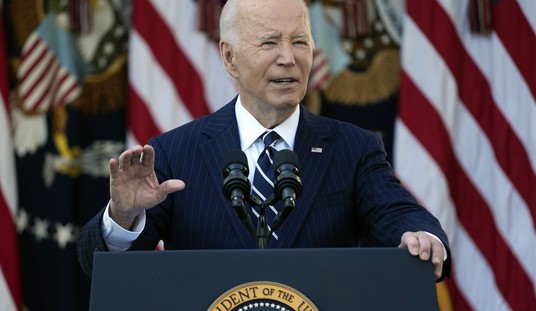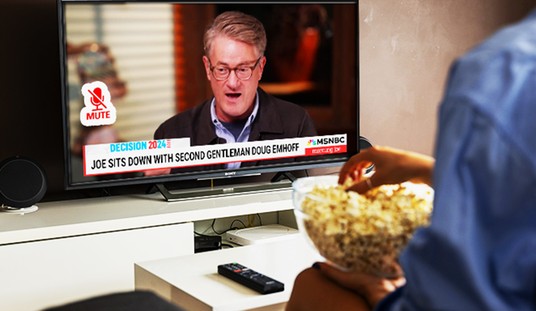Clocking in at nearly two hours, former President Bill Clinton gave the first in his new lecture series at Georgetown University yesterday in a speech that meandered from terrorism to public service.
Clinton said this century “requires every thoughtful person to try to do some public good.”
“Most people get in real trouble and abuse power when they forget that the purpose of their power is not to impose their will on others but to let other people be empowered to live their own lives better,” he said. “Or as I always say, have better stories.”
He spent much of his time sharing stories of poor relatives growing up in Arkansas and said “it’s a mystery” how he ever became president.
“When I was born in Arkansas at the end of World War II, I think our per capita income was 56 percent of the national average. Only Mississippi was poorer. No one in my direct family had ever been to college,” Clinton said.
“And I’m not trying to romanticize poverty,” he said after singing tales of his uncles and grandparents. “I like everybody who gets rid of it. That’s not what I’m trying to do. I’m trying to get you not to belittle people who know less than you do, have less than you do, are less credentialed than you are.”
“…Don’t ever romanticize poverty. It’s way overrated. But don’t denigrate the people who live in it because there is a mountain of evidence that there is a lot of dignity there. And I saw those stories when I was young.”
Clinton also related a tale of a Catholic priest asking him in college if he’d ever thought about becoming a Jesuit.
“And I asked him if I had to become a Catholic first,” he said. “And he said ‘what do you mean?’ I said, ‘I’m a southern Baptist. I’m not eligible.’ He said ‘I read your test papers. It’s not possible. You think like a Catholic.'”
“But nonetheless I was who I was and I didn’t become a priest. And I think life worked out pretty well for both of us,” Clinton added.
The former president claimed there’s just “one remaining bigotry in America.”
“I mean, the people are organizing massive living patterns in this country around being with somebody that agrees with them,” Clinton said. “…So do I think it matters what purposes there are to your politics and what policies you adopt and how you conduct politics in or out of the public arena? Oh, I think all that matters. But you have a much better chance of living both a successful and a rewarding life of service if you begin by finding something to learn from everybody you run into. If you begin by believing there is a certain inherent dignity to people who will never be on television, never be in a newspaper article, are just a statistic to most people who talk about politics.”










Join the conversation as a VIP Member